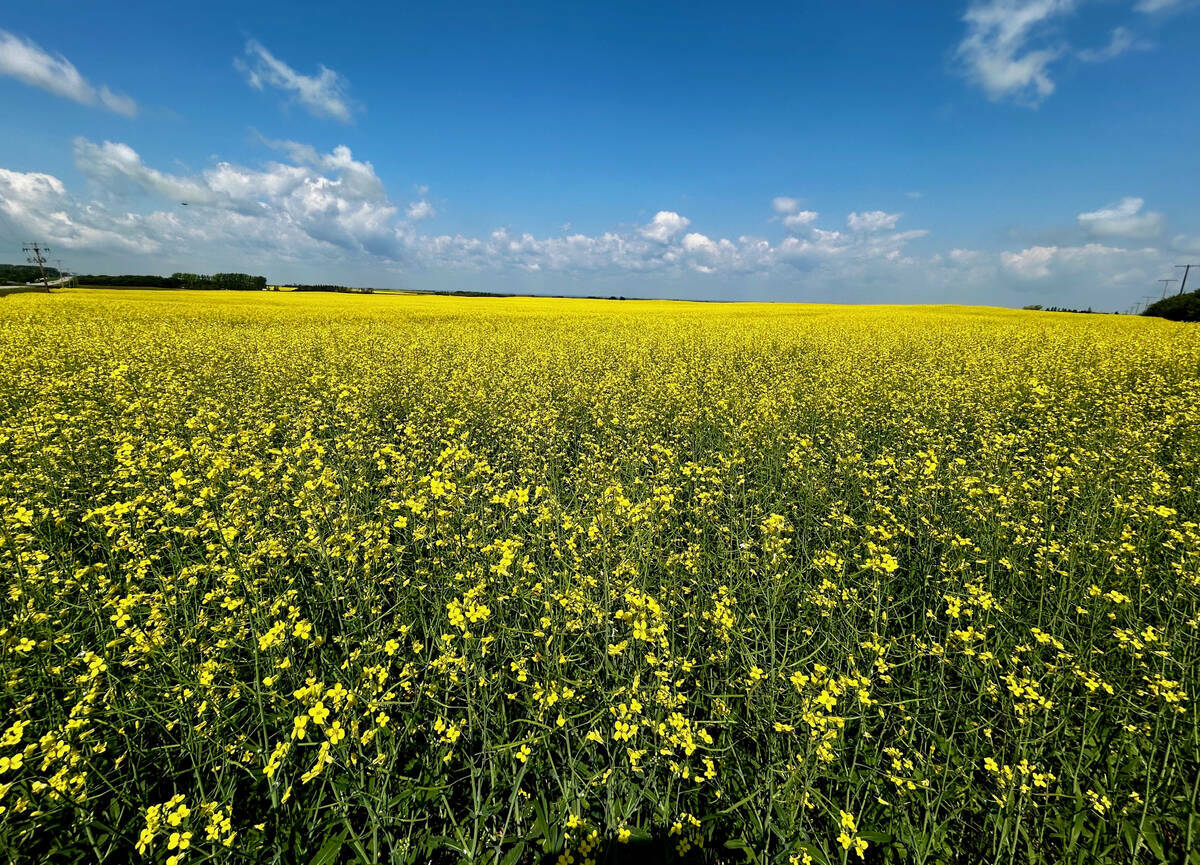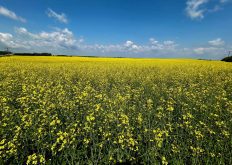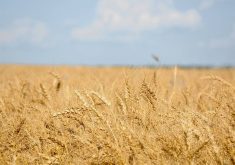Alberta’s incentive program for biofuel and biogas makers has been extended for five more years, during which time it’s expected to focus more on fuels made from biomass.
The province on Wednesday that its Bioenergy Producer Credit program, which was set to expire at the end of March, will now run until 2016.
The program provided per-litre incentives for facilities operating in Alberta to produce bioenergy such as biodiesel or syngas made from farm or forest biomass, methane made in anaerobic digesters, ethanol or electricity created from biomass or biorefining.
Read Also

U.S.’s 45Z clean fuel regulations good news for Canada’s canola producers
U.S. Treasury has finally released proposed regulations for the 45Z tax credit and it contains good news for canola.
But where the current program “treats all ethanol equally,” the extension is expected to focus on “the great potential for second-generation ethanol” made from feedstocks such as ag, forestry and/or municipal waste.
“Specifically, the program will encourage development of new technologies and facilities that use non-food crops, waste biomass or wood,” the province said Wednesday.
The program extension will help companies meet the March 31 application deadline for federal bioenergy incentive programs, Energy Minister Ron Liepert said in the release.
The current program, which ran from April 2007 until the end of this month, offered incentives such as:
- nine cents per litre, to a maximum $20 million per year and $75 million per project, for fuel plants producing 150 million litres or more per year;
- 14 cents per litre, to a maximum $15 million per year, for fuel plants producing fewer than 150 million litres per year;
- two cents per kilowatt hour (kWh) for electricity production of three megawatts or more; or
- six cents per kWh for electricity production from capacity of fewer than three MW.
Liepert said the province’s $150 million investment in bioenergy to date “has the potential to leverage up to $2 billion from the private sector.”














